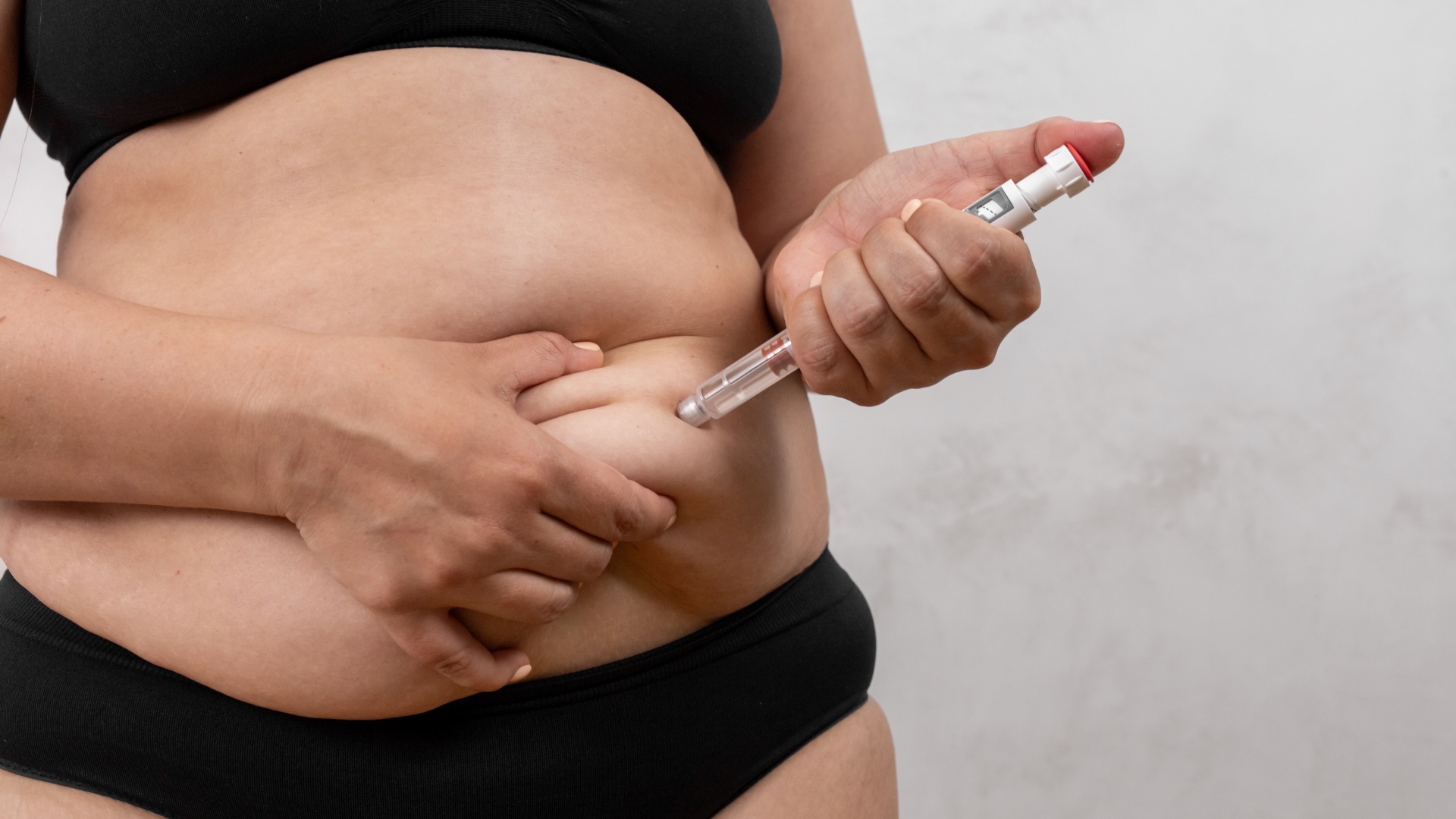Losing weight is one of the most common health goals today, especially as obesity rates continue to rise globally. Diet plans, exercise routines, and supplements flood the market, but one particular method has gained significant popularity in recent years—weight loss injections. These injections claim to accelerate fat loss, boost metabolism, and control appetite. But the big question remains: Do they really work?
Understanding Weight Loss Injections
Weight loss injections are medical treatments that involve the administration of specific compounds designed to support weight reduction. Common types include HCG (human chorionic gonadotropin), B12, Lipo (lipotropic), and more recently, GLP-1 agonists like semaglutide. Each of these injections works differently—some target metabolism, others reduce hunger, and some help burn fat more effectively. These treatments are usually given under medical supervision and are often part of a larger weight loss program that includes diet and exercise.
Effectiveness of Weight Loss Injections
Clinical studies have shown promising results for certain weight loss injections, especially GLP-1 receptor agonists like semaglutide. These medications mimic hormones that regulate blood sugar and appetite, often leading to significant weight loss in people who struggle with obesity. For individuals in Pakistan exploring these options, weight loss injections in Islamabad have become a popular choice among those looking for medically supervised solutions.
Patients who respond well to these treatments often report a decrease in appetite, improved energy levels, and measurable weight loss over time. However, the results vary based on the individual’s body type, commitment to lifestyle changes, and the type of injection used.
Are They a Long-Term Solution?
While weight loss injections can kickstart the weight loss journey, they are not a miracle cure. Their effectiveness depends largely on continued healthy habits. In most cases, injections are recommended for short-term use and must be supplemented with a balanced diet, regular exercise, and behavioral changes to maintain the results.
Moreover, medical supervision is crucial to avoid side effects and ensure the treatment is suitable for the patient. Some injections may cause nausea, headaches, or digestive issues, especially in the initial stages. Therefore, professional guidance is essential before and during treatment.
Who Should Consider Weight Loss Injections?
Weight loss injections are generally recommended for individuals with a body mass index (BMI) above 30, or above 27 with obesity-related health conditions such as diabetes or hypertension. They are ideal for people who have tried traditional methods without success and need medical support to achieve their health goals.
However, they are not suitable for everyone. Pregnant or breastfeeding women, individuals with certain medical conditions, or those on specific medications should avoid these injections unless advised by a healthcare provider.
Combining Injections with a Healthy Lifestyle
One of the key factors in determining the success of weight loss injections is how well they are integrated into a comprehensive lifestyle plan. When used alongside healthy eating, increased physical activity, and behavior modification, these injections can offer accelerated and sustainable weight loss. Relying solely on injections without making other lifestyle changes often results in regaining lost weight after treatment ends.
Final Thoughts
Weight loss injections can be a powerful tool in the journey toward a healthier body, but they must be used wisely and under professional guidance. Their success largely depends on the individual’s commitment to a healthy lifestyle and willingness to follow a medical plan tailored to their needs. If you are considering this treatment option, it’s essential to consult with experts who can evaluate your suitability and monitor your progress.
For safe and expert-guided solutions in Pakistan, the professionals at Royal Cosmetic Surgery PK offer personalized consultations and advanced weight loss treatments to help you achieve lasting results
Is it Safe to Take Injections to Lose Weight?
Weight loss injections have gained popularity among people looking for fast and effective results. These injections often contain compounds like vitamins, amino acids, or medications that help control appetite and boost metabolism. While they may sound like a quick fix, many individuals wonder—are they truly safe to use?
The safety of weight loss injections depends largely on the type of injection, the individual’s health condition, and whether the treatment is supervised by a qualified professional. Some injections, such as lipotropic or GLP-1 agonists, have been approved for medical use and have shown promising results in aiding weight loss. However, they should always be part of a well-rounded health plan that includes diet and exercise.
In Pakistan, weight loss injections in Islamabad are available at licensed clinics that offer personalized treatments under medical guidance. Getting these injections from a certified clinic reduces the risk of complications and ensures the formulations used are safe and effective.
It’s important to understand that these injections are not suitable for everyone. They are generally recommended for individuals who have a high BMI or obesity-related health issues. Potential side effects may include nausea, headaches, or digestive discomfort, which are usually manageable under supervision.
In conclusion, weight loss injections can be safe when administered responsibly and combined with a healthy lifestyle. For those considering this option, choosing a reputable provider is key. Royal Cosmetic Surgery PK offers expert consultation and medically approved solutions for those who want to pursue weight loss safely and effectively.
